Dear Editor:
I enjoyed your article on Operation Overlord (February 2002). The beaches of Normandy will always be engraved in America’s mind. I can just imagine the carpet-bombing that was done by the 457 Halifax and Lancaster bombers. It must have been devastating in those days. But, look at the carpet-bombing we have done in Afghanistan and the bombs as powerful as the daisycutter. We have come a long way in destruction.
Landon Gerard
Vallejo, California
More War Films
Dear Mr. Hull:
This is in response to your letter concerning my article in “Militaria” on war films that appeared in the October 2001 issue. You are entitled to your views on Pearl Harbor and Saving Private Ryan, but I stand by mine. As for the omissions of the several other films you mentioned, many of these were cut by the editor from my original submission due to space constrictions. As for the great American Westerns I listed, you have a point that including them with war films may be stretching the point a bit. On the other hand, much of our country was indeed conquered by just such private citizens as these, and not by the more formal military of the times.
Blaine Taylor
Towson, Maryland
The Sino-Japanese War
Dear Sir:
Congratulations to you on your excellent publication! We look forward to each new issue.
As a postscript to your editorial on the Sino-Japanese War of 1894 in the December 2001 issue, it might be added that in the ensuing 1904 war with Russia the Japanese bit off more than they could chew. In spite of a number of victories, as the war progressed they were running out of men and resources—whereas the Russians had plenty and more coming. If the Russians had “stayed the course” the Japanese would have had to pull out of Manchuria and maybe Korea—and may have had to sue for peace. Teddy Roosevelt and Russian political indifference saved them at the Peace of Portsmouth, NH. Incidentally, both sides treated their prisoners well—if anything, the Japanese did a better job. After the war a number of Russian POWs wanted to stay in Japan! The Japanese revival of Bushido in the 1920s changed their attitudes internally, including the handling of war prisoners, etc.
Unfortunately for them, the Japanese failed to learn the larger lesson from their Russian war. When a later Roosevelt backed them into a corner with impossible demands about China, coupled with an embargo of essential materials (an act of war, though not understood as such by the American people), they again bit off more than they could chew—at Pearl Harbor, in the tradition of their previous sneak attack on the Russians at Port Arthur in 1904. And again, after horrible losses they were bailed out—this time by MacArthur and the Cold War. And once more the Russians snatched defeat (strategic) from victory; they withdrew from Manchuria and North Korea after setting up client states that became independent—or even semihostile like Red China. Their Cold War in the Far East didn’t work out—not even in Vietnam, where victory by a client state in Hanoi got them the ex-U.S. naval base at Cam Ranh Bay astride Japan’s oil lifeline to the Middle East. By then they were too depleted to use it. And it’s now in our interest to keep China away from it. Keep those great articles coming.
John Blue, President
St. Andrew’s Society
Plano, Texas
“Chinese” Gordon
Dear Editor:
Simon Craig (“Breaking the Square,” December 2001) unfortunately proves the adage that history is a bag of tricks we play on dead people. The dead person in question is Charles “Chinese” Gordon, a man not present at Abu Klea. Craig made the unsurprising observation that Gordon “might today be considered a religious fanatic.” In this spiritually jaded age, this observation is no doubt true. It is also irrelevevant. Gladstone was also devout and no less convinced of the will of God, yet is spared Craig’s irreligious criticism. Nor was Gordon’s evangelicism rare within the Imperial Army. As Keegan notes in The Face of Battle, religiosity within a national army varies over time.
However, Craig then adds that Gordon was “almost the perfect counterpart of the Mahdi,” presumably because every orthodox Christian is a lurking theocrat. Gordon’s heirs should sue. Gordon had already opposed this self-proclaimed Islamic messiah during his governorship of the Sudan from 1877-1880. It was Gordon who stamped out the Sudanese slave trade. The Mahdi profited by it. I think that makes Gordon the good guy, but if Craig wants to make a case for the Mahdi then he can have at it.
Craig claims that Gordon is primarily to blame for both Khartoum and Abu Klea because he “obeyed only those orders which were in accordance with his own notion of God’s will.” Ignoring Craig’s antireligious bias, the claim is false. Prior to the closing of the ring around Khartoum, Gordon was able to evacuate 2,500 people. This was no simple task. Every day the ring tightened, this trip became increasingly hazardous. Gordon, and the other officer whose “salvation was not the point,” might have been able to escape, but not the bulk of his Egyptian and Sudanese soldiers. Did English honor demand their abandonment?
Gordon also can be defended on the grounds that he did not exceed his orders, though he would not have been the first 19th-century general to have done so. Indeed, Gordon was ordered to evacuate Khartoum and the outlying garrisons. He was also ordered to establish a form of government and to secure a line of communication with Cairo. Craig neglects to observe that the orders were impossible to carry out. It was good that so devout a man was sent as a miracle was required to pull this off.
Finally, I do not presume to know the thoughts of Gordon as he met his doom. I do find it highly unlikely that this professional who had failed in his mission and witnessed the annihilation of his force found his martydom as quite satisfying. Craig reduces one of the great men of history as a strawman by a highly selective use of facts.
David M. Shepherd
Lafontaine, Indiana
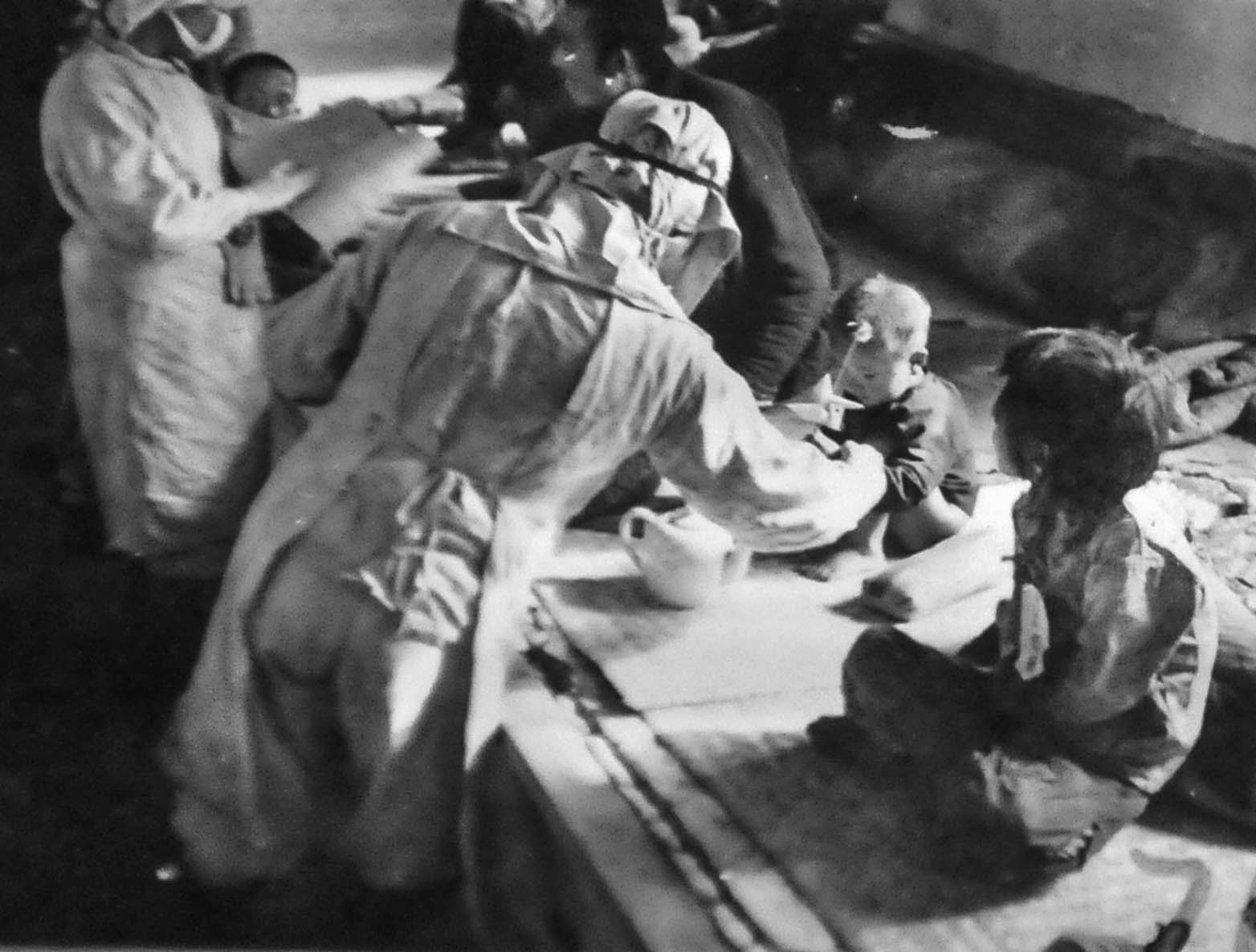
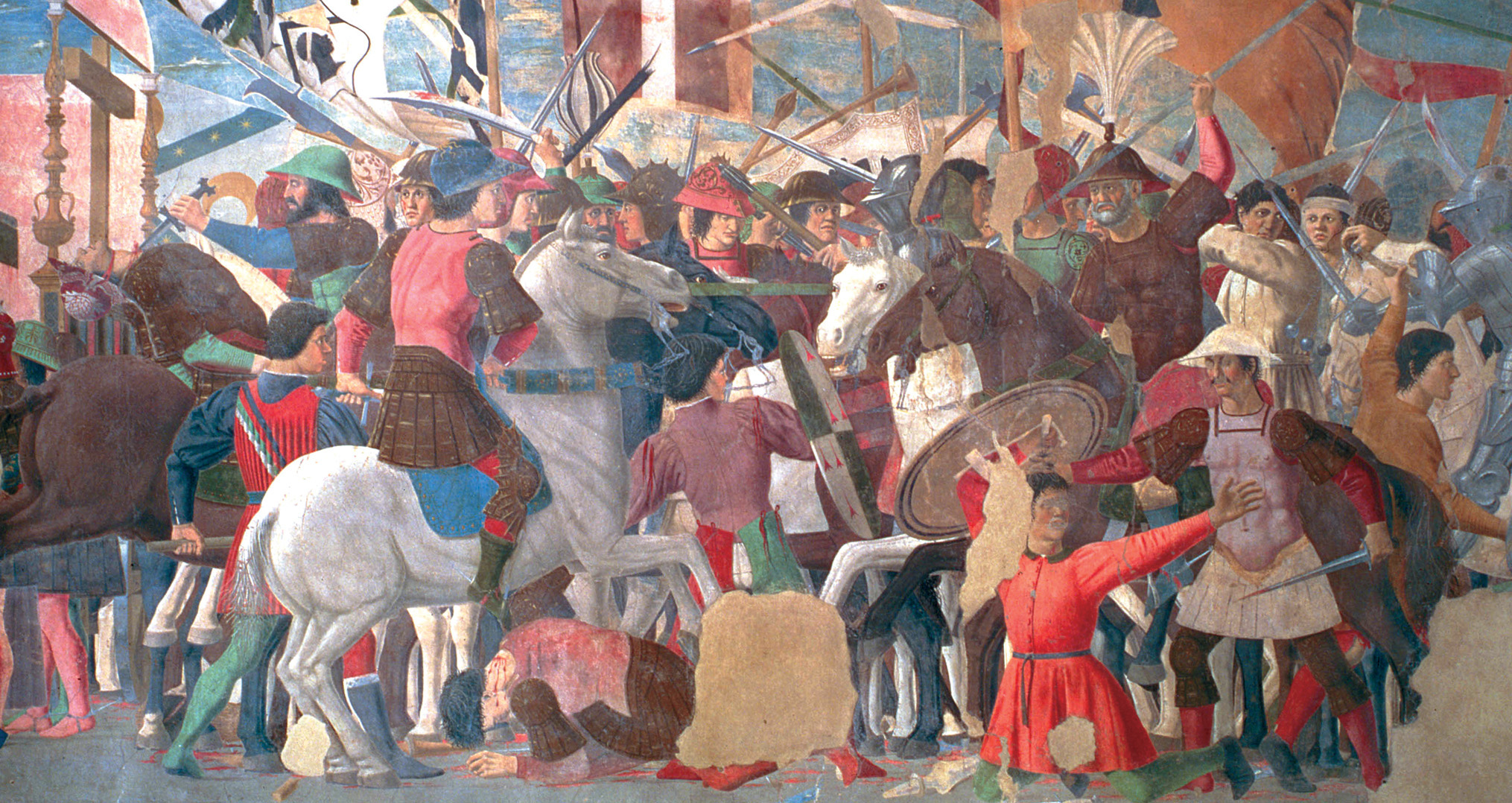
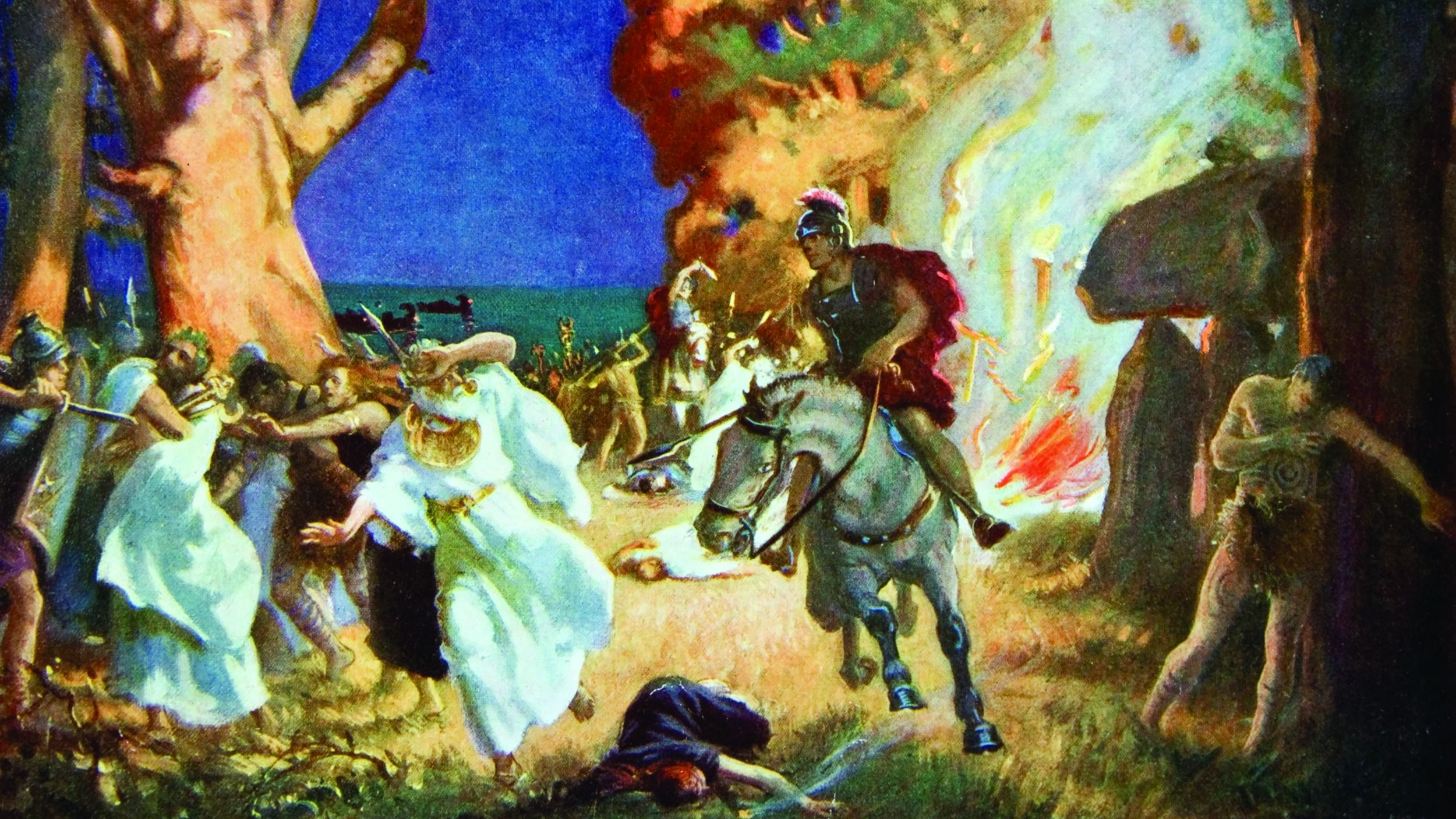
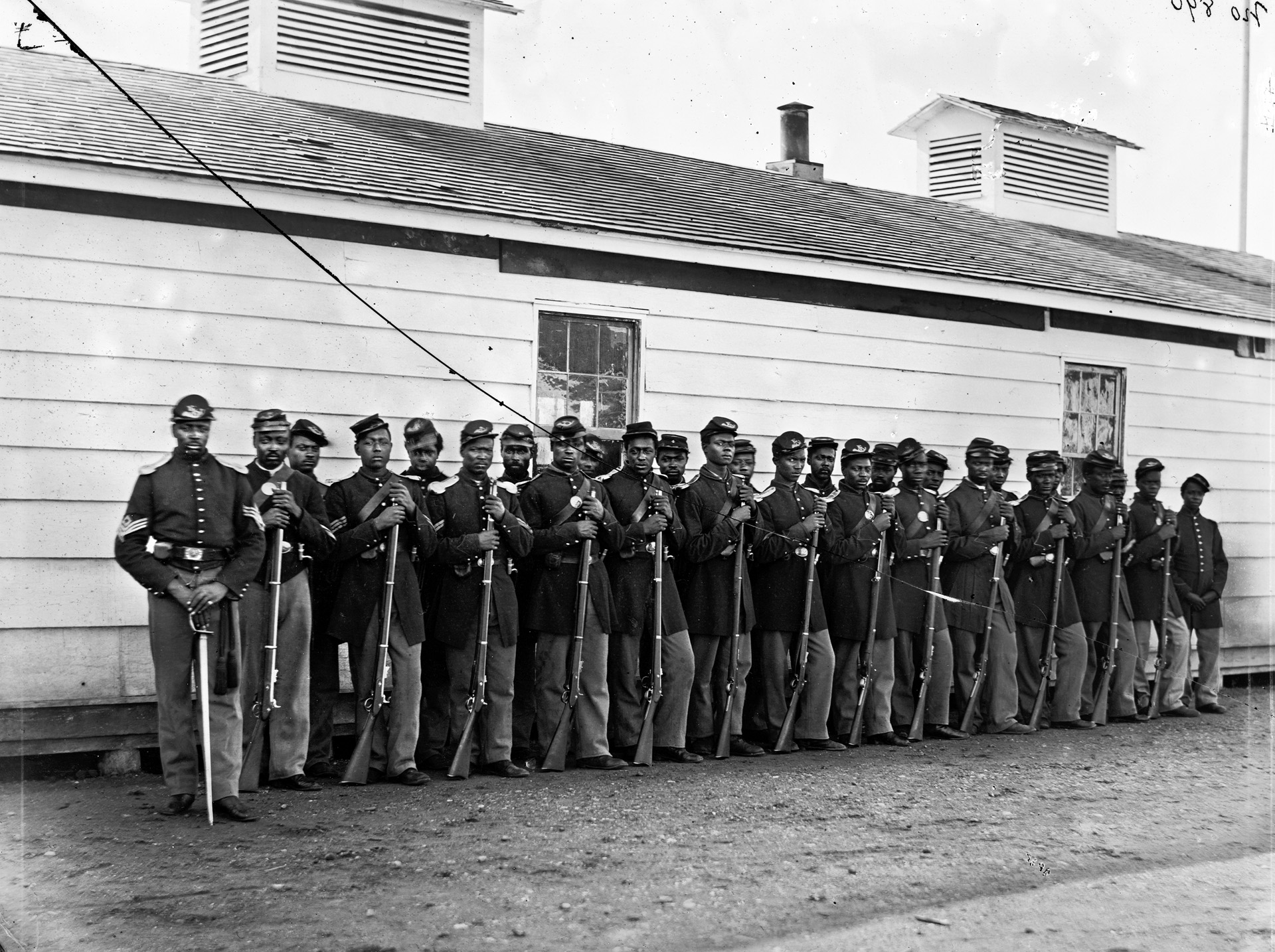

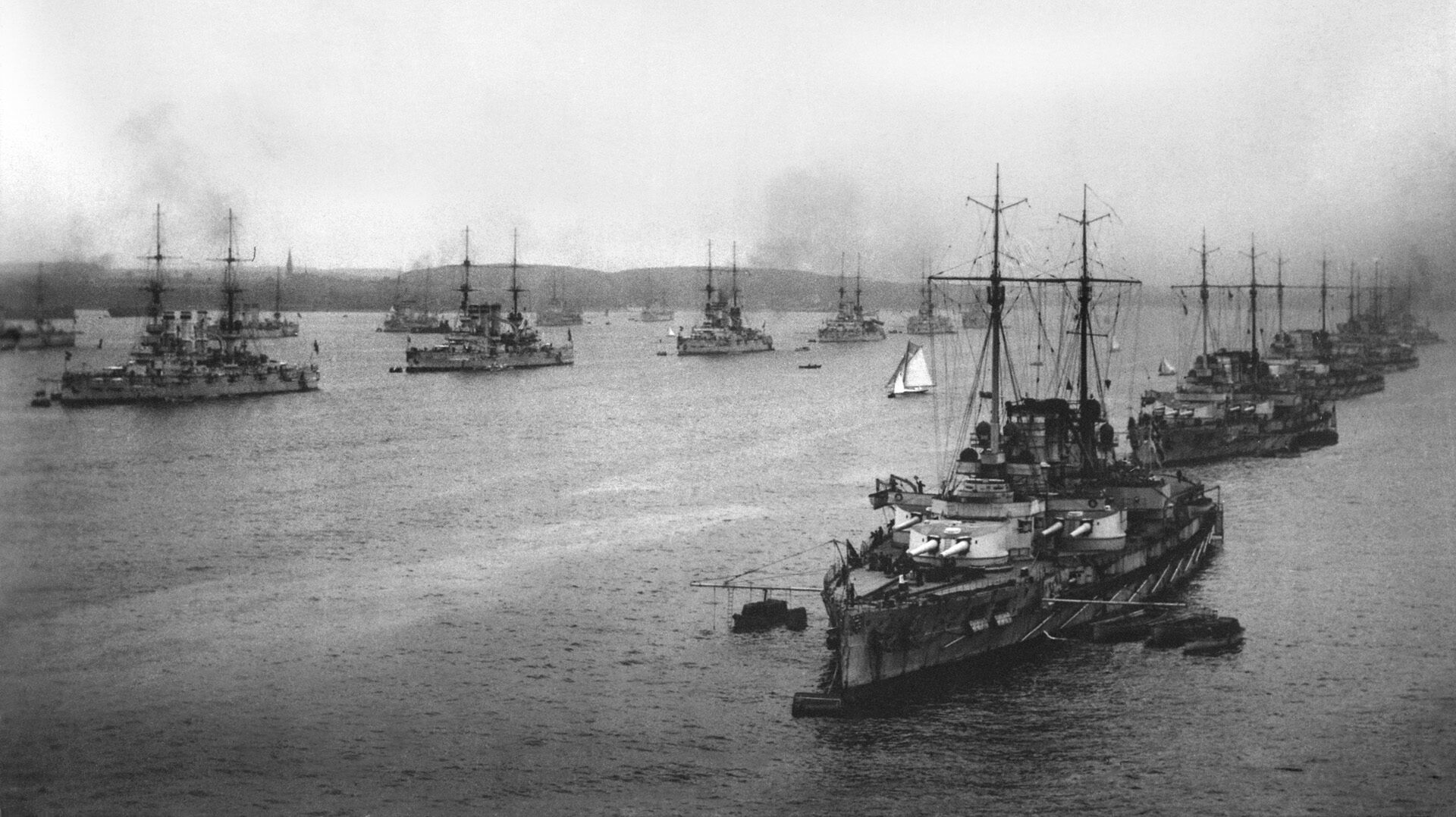
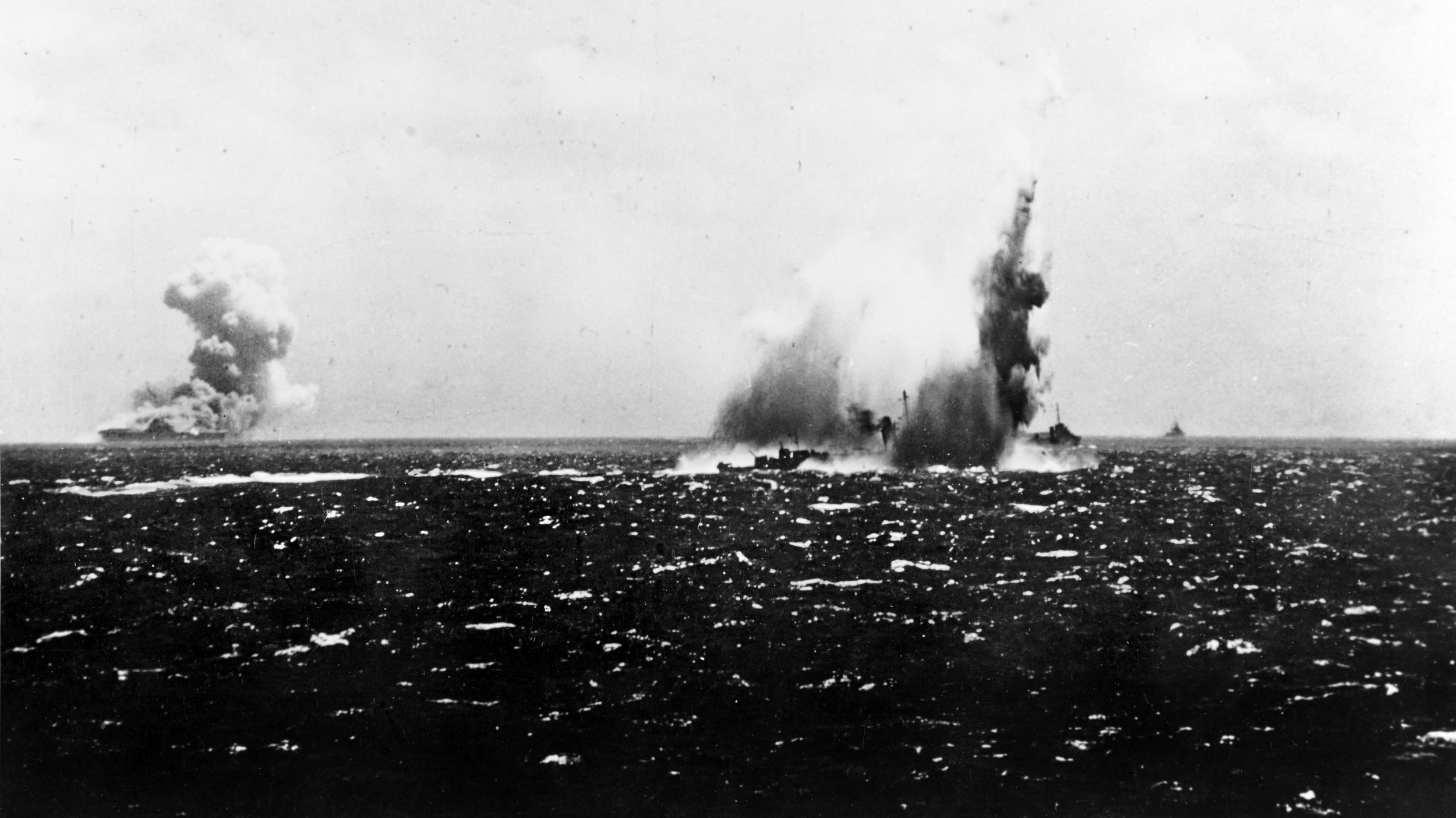
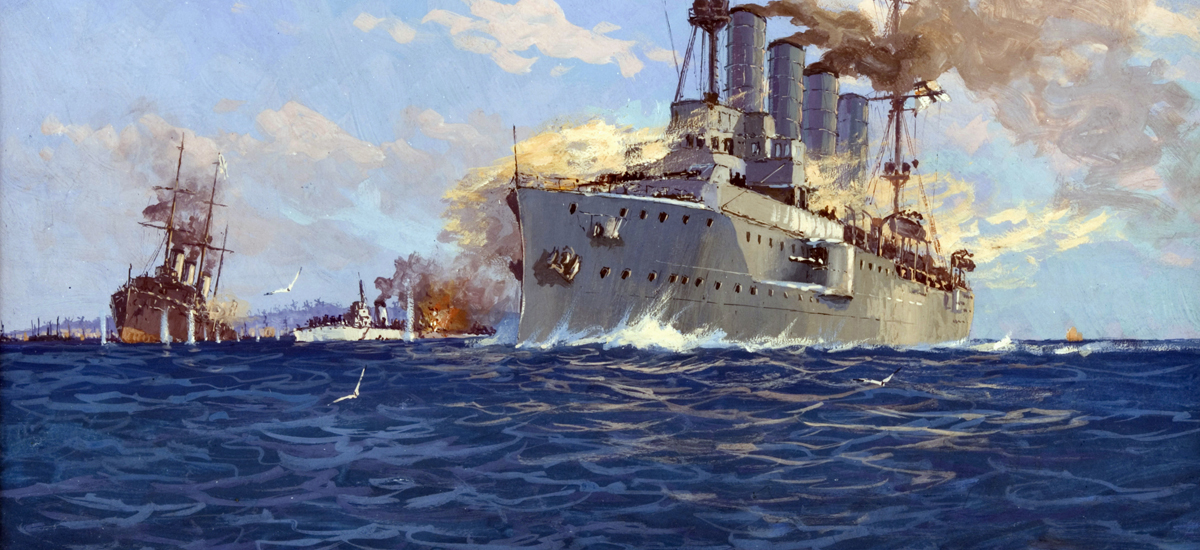
Join The Conversation
Comments
View All Comments